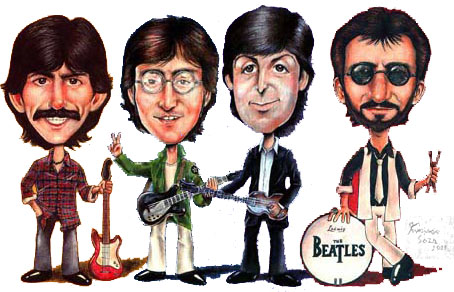Dear friend:
It's been a bad week. And I mean BAD!
Don't believe me? Someday, we'll sit down and I will tell you a story that will blow your mind. But for now, let's focus on the here and now.
It's 11:53 p.m. on Tuesday night, and my newsletter should be done, but it's not.
Tick... tock... tick... tock...
You would likely not notice if it didn't show up in your inbox today, but I would! Is it vanity? Perhaps, but we can debate that another time. For now, let's focus on the here and now.
With the midnight (or later) hour rapidly approaching, we o give thanks to you, but I am struggling to find a way to do it that is neither formulaic or trite. What should I do? I am struggling with what to say. But, many of us have been together for over 15 years and you deserve better.
My wife says to keep in short and simple (much like myself). So, here it goes...
Thank you for putting the needs of kids above your own.
Thank you for giving young people a creative outlet in their day.
Thank you for making students laugh, cry, feel, and think in ways no other subject can.
Thank you for keeping music alive in our country, our culture and in our lives.
Thank you for sacrificing your days, nights, weekends, and summers for others.
Thank you for being the standard bearer of excellence, both in and out of school.
Thank you for being a role model to young people and adults alike.
Simply stated... THANK YOU!
This Thanksgiving holiday will be filled with many opportunities to give thanks for all of the blessings we experience each and every day. And for me, the holiday would ring a little hallow if I didn't take a moment and express my thanks to each and every one of you! So, Happy Thanksgiving and THANK YOU!
Enjoy the holiday weekend my friends, and know that I will be giving thanks for YOU!










